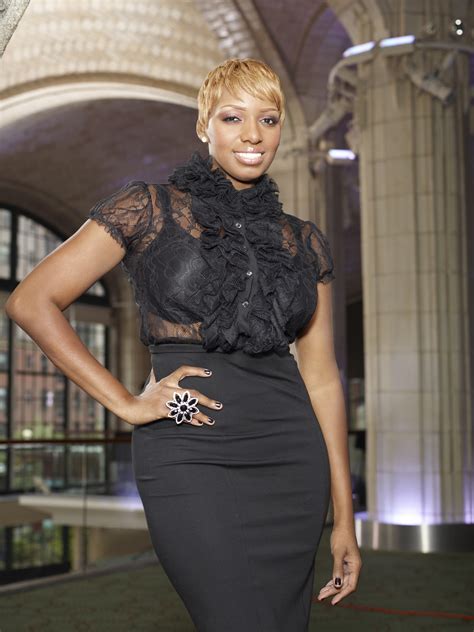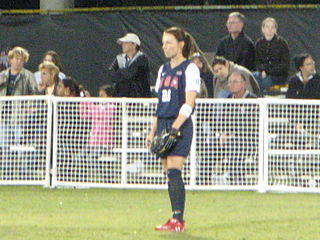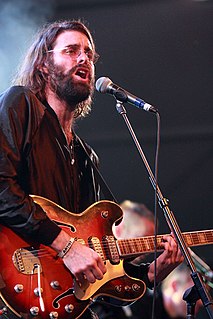A Quote by Robert Thurman
People are afraid that if they let go of their anger and righteousness and wrath, and look at their own feelings-and even see the good in a bad person-they're going to lose the energy they need to do something about the problem. But actually you get more strength and energy by operating from a place of love and concern. You can be just as tough, but more effectively tough.
Related Quotes
'Tough' meant it was an uncompromising image, something that came from your gut, out of instinct, raw, of the moment, something that couldn't be described in any other way. So it was tough. Tough to like, tough to see, tough to make, tough to understand. The tougher they were the more beautiful they became.
Put your energies into creativity. Forget about anger as a problem, ignore it. Channelise your energy towards more creativity. Pour yourself into something that you love. Rather than making anger your problem, let creativity be your object of meditation. Shift from anger to creativity and immediately you will see a great change arising in you. And tomorrow the same things will not feel like excuses for being angry because now energy is moving, is channelised, is being sublimated, is enjoying itself, its dance. Who cares about small things?
After being alive, the next hardest work is having sex. Of course, for some people it isn't work because they need the exercise and they've got the energy for the sex and the sex gives them even more energy. Some people get energy from sex and some people lose energy from sex. I have found that it's too much work. But if you have the time for it, and if you need that exercise-then you should do it.
Confronting our feelings and giving them appropriate expression always takes strength, not weakness. It takes strength to acknowledge our anger, and sometimes more strength yet to curb the aggressive urges anger may bring and to channel them into nonviolent outlets. It takes strength to face our sadness and to grieve and to let our grief and our anger flow in tears when they need to. It takes strength to talk about our feelings and to reach out for help and comfort when we need it.
I think, ultimately, the problem with something like this is that you actually have so many more opportunities to say something than you actually have things worth saying. And then, as an artist who doesn't want to do bad work, gosh, how do you fill up all that space when you really don't have anything actually worthwhile to say? And that's what makes the job tough, because the fans get mad - "That's not funny," or "You've been sucking for several months now." And you go, "It's not my fault! I'm trying."
In the beginning my energy and passion for acting came from an almost punk rock need to express a lot of anger wherever that may have come from. As I got older, it became or is coming more from a place of wanting to use the craft to help others in some way, to hold a mirror up to the situations that we're going through, to actually be more cautious about the way that I use the power of film and to see if there's anything that I can do in the performances that will resonate in the public a similar string that's on people's minds and is on my mind. That way we have that relationship.
Even if I'm exhausted, I always try to go into a show with a smile on my face. It's always good to try and bring the energy up. If I'm in a bad mood, people are going to act bad. The energy you give off is the energy you receive. I really think that, so I'm always myself - jumping, dancing, singing around, trying to cheer everybody up.






































